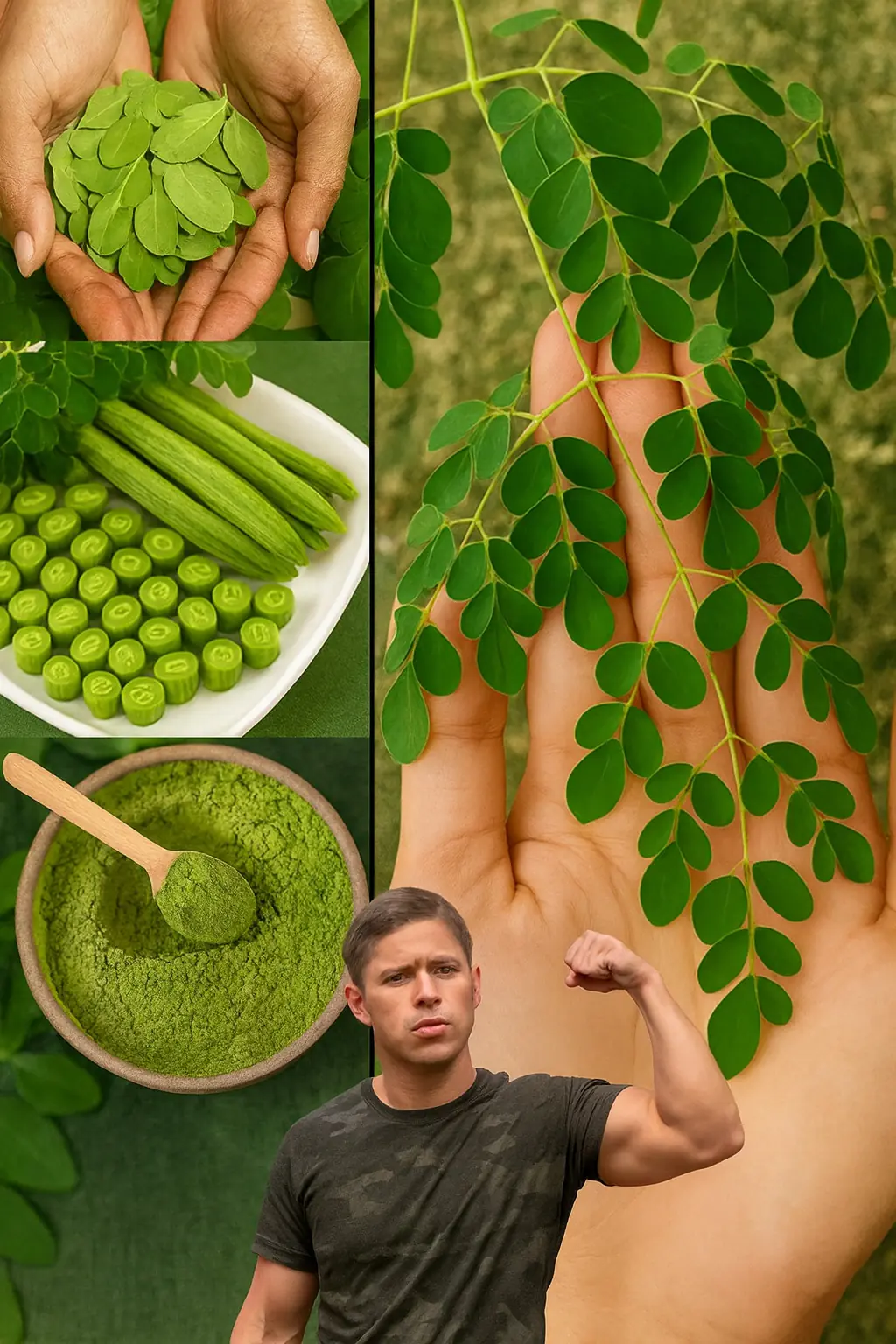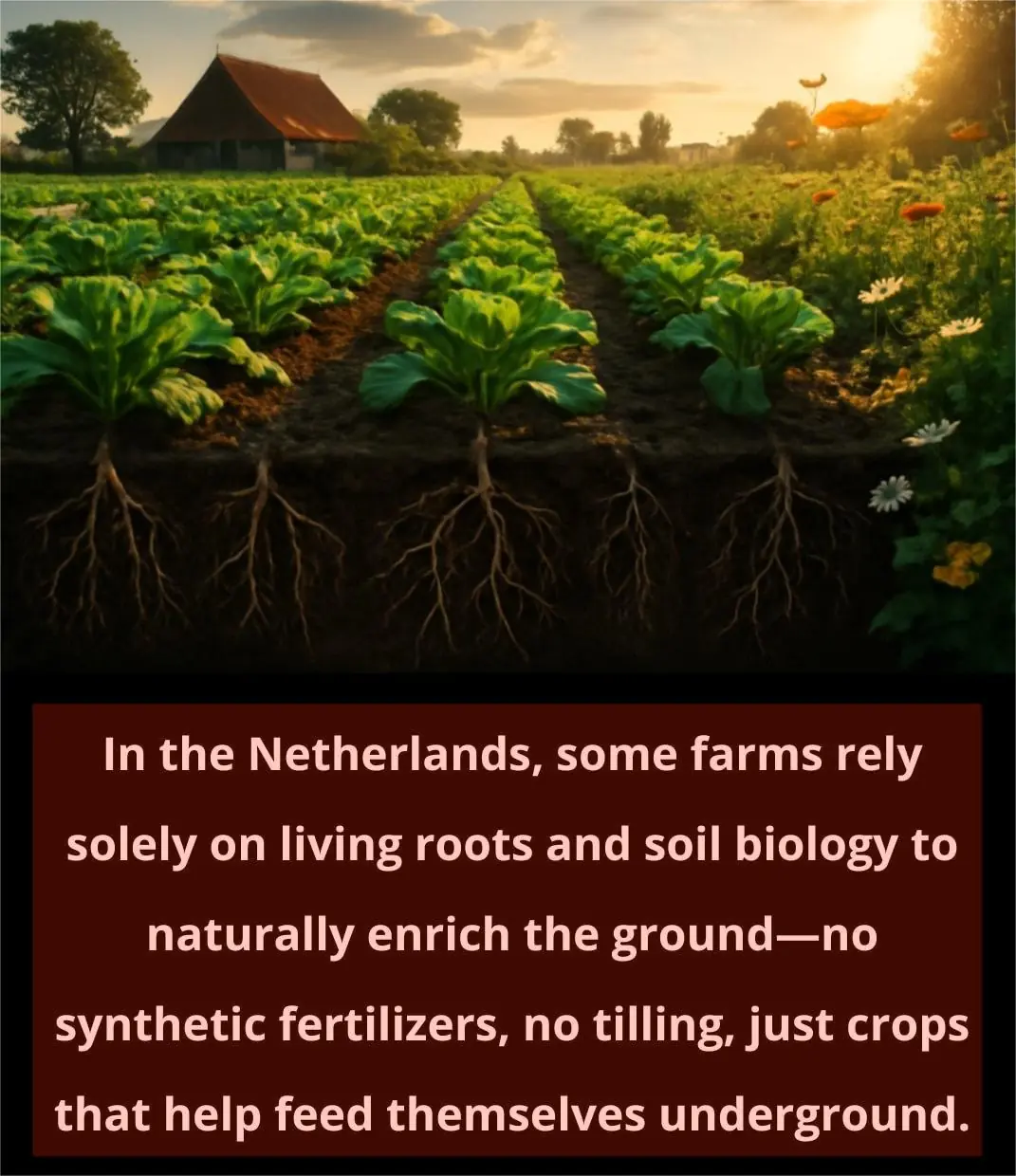
Dutch Regenerative Farms Redefine Agriculture: Inside the Practices of Bodemzicht
The Netherlands, a country renowned for its innovative agricultural sector, is now witnessing a new movement in farming—one that looks backward to nature while moving forward toward sustainability. Farms like Bodemzicht are at the forefront of regenerative agriculture, pioneering methods that restore soil health, strengthen ecosystems, and offer a hopeful alternative to conventional, chemical-intensive farming.
🌱 Working With Nature, Not Against It
Unlike industrial agriculture, which often relies heavily on fertilizers, pesticides, and plowing, Bodemzicht adopts practices designed to protect living soils and enhance natural cycles. Farmers here avoid plowing altogether, recognizing that soil disturbance disrupts fungal networks and microbial life critical to long-term fertility.
Instead, they keep living roots in the soil year-round by planting cover crops, intercropping different species, and incorporating perennial plants. This approach ensures continuous soil cover, improved water retention, and natural nutrient cycling—creating a self-renewing system that thrives without artificial inputs.
🌍 A Holistic Farming Model
The philosophy at Bodemzicht is simple: agriculture should enrich ecosystems, not degrade them. To achieve this, the farm employs a wide range of regenerative practices:
-
Cover crops & direct seeding – to prevent erosion, build topsoil, and boost microbial diversity.
-
Minimal soil disturbance – protecting structure, carbon storage, and underground ecosystems.
-
Livestock integration – chickens and sheep graze in rotation, fertilizing fields naturally and supporting biodiversity.
-
Circular logic – waste becomes resource, and every part of the farm feeds back into the system.
These techniques not only sustain soil fertility but also contribute to carbon sequestration, biodiversity restoration, and climate resilience.
👩🌾 Beyond Farming: A New Rural Narrative
For Bodemzicht, regenerative agriculture is not just a technique but a philosophy of coexistence. It places farmers as stewards of the land, working alongside plants, animals, fungi, and bacteria to regenerate the very systems on which food production depends.
The farm also acts as a model for others, offering educational programs, workshops, and a living example of how small-scale regenerative farms can thrive in a modern economy while addressing environmental challenges.
🔬 Why It Matters Globally
As climate change and soil degradation intensify, the Bodemzicht story resonates far beyond the Netherlands. Industrial agriculture is a major contributor to greenhouse gas emissions, biodiversity loss, and water pollution. By contrast, regenerative farms demonstrate that it is possible to grow food while healing the planet.
Experts argue that if regenerative methods were scaled worldwide, they could significantly reduce emissions, restore degraded lands, and create more resilient food systems for future generations.
✨ Conclusion
The work being done at Bodemzicht is not just about one farm—it’s about rewriting the narrative of agriculture itself. By returning to nature’s logic, regenerative farms in the Netherlands are proving that fertile soils, healthy ecosystems, and thriving communities can all grow together.
In a world searching for solutions to climate and food crises, these farms offer more than just crops: they offer a blueprint for a regenerative future.
News in the same category


Loyal Bull in Brazil Goes Viral After Guiding His Drunk Owner Home
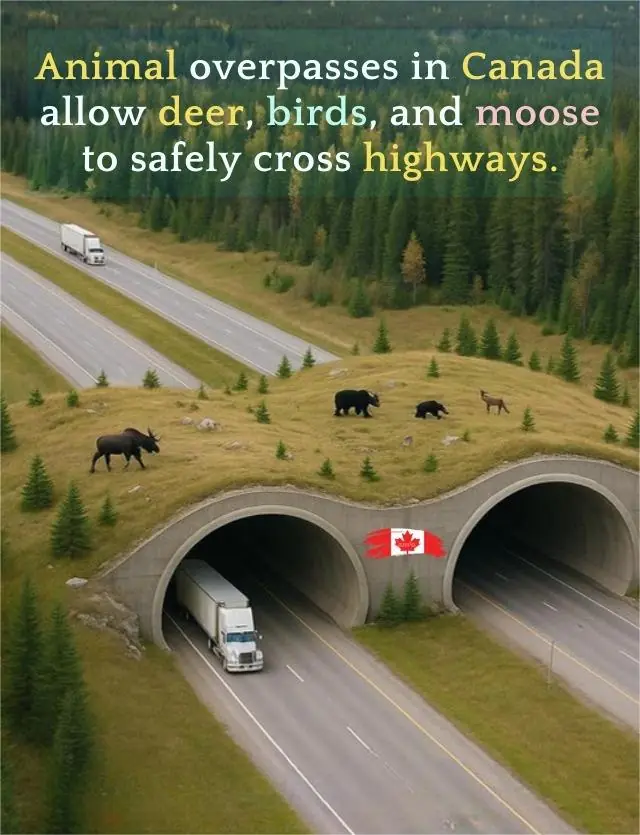
Nature Meets Innovation: Canada’s Wildlife Overpasses Saving Lives

Brazil Deploys AI “Tree-Hugging” Devices to Combat Illegal Logging in the Amazon
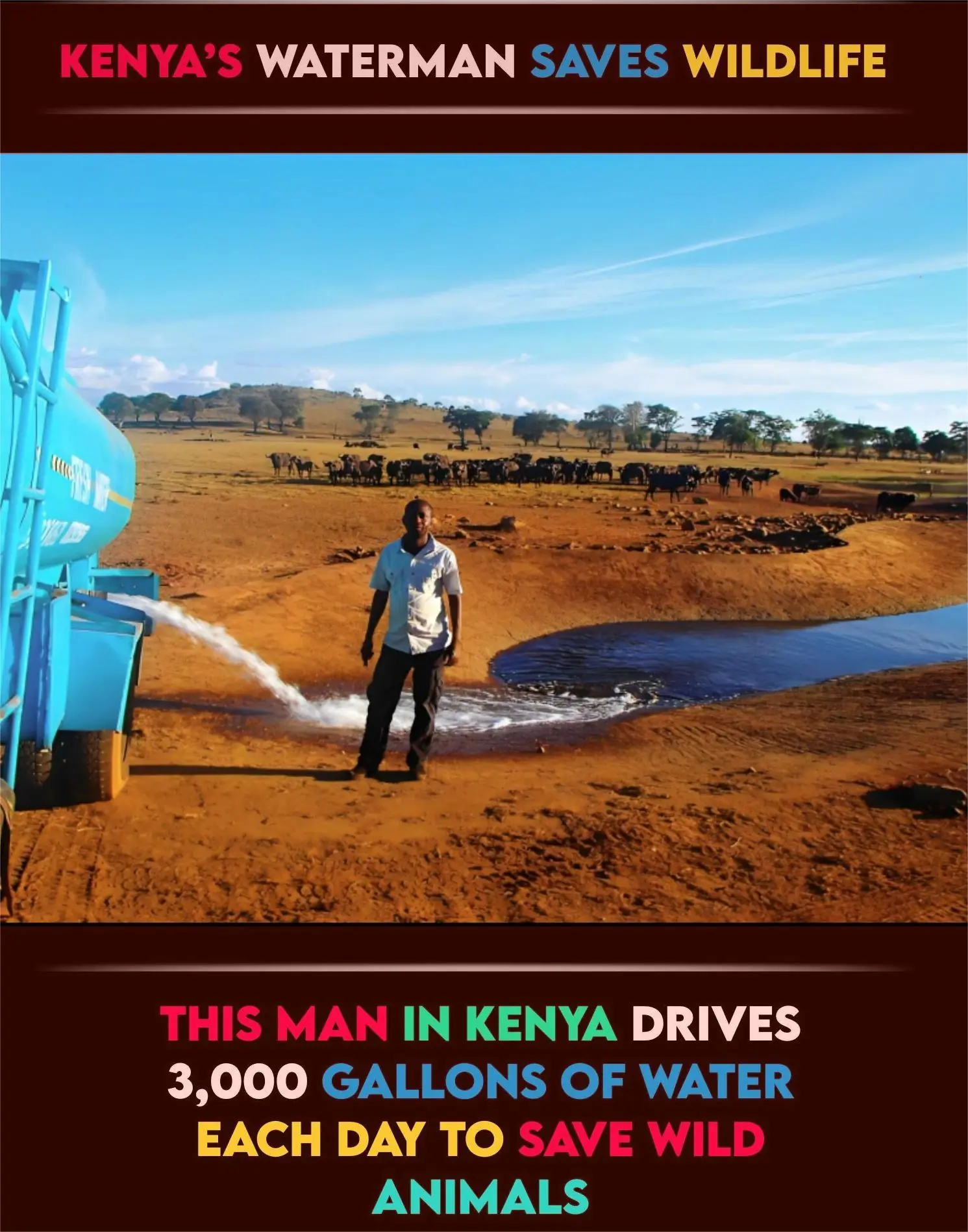
Patrick Kilonzo Mwalua: The “Waterman of Tsavo” Who Brought Life to Kenya’s Wildlife

Horror Film Verónica Sparks Intense Reactions Among Viewers

Parents of OC teen sue OpenAI, claiming ChatGPT helped their son die by suicide

This is what really happens during cremation, and it’s not pretty
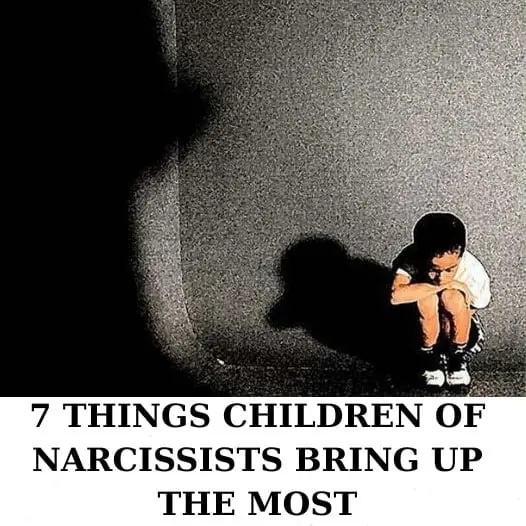
7 Common Struggles Children of Narcissists Talk About the Most

48 Years Since Humanity Reached for the Stars: Honoring the Launch of Voyager 2

The Bizarre “Hitman Chain” Case in China: A Murder-for-Hire Gone Wrong

Taylor Swift and Travis Kelce Delight Fans With Engagement Announcement

Woman’s heartache after tragic car crash kills husband and children

It’s been a rough few years for Simon Cowell
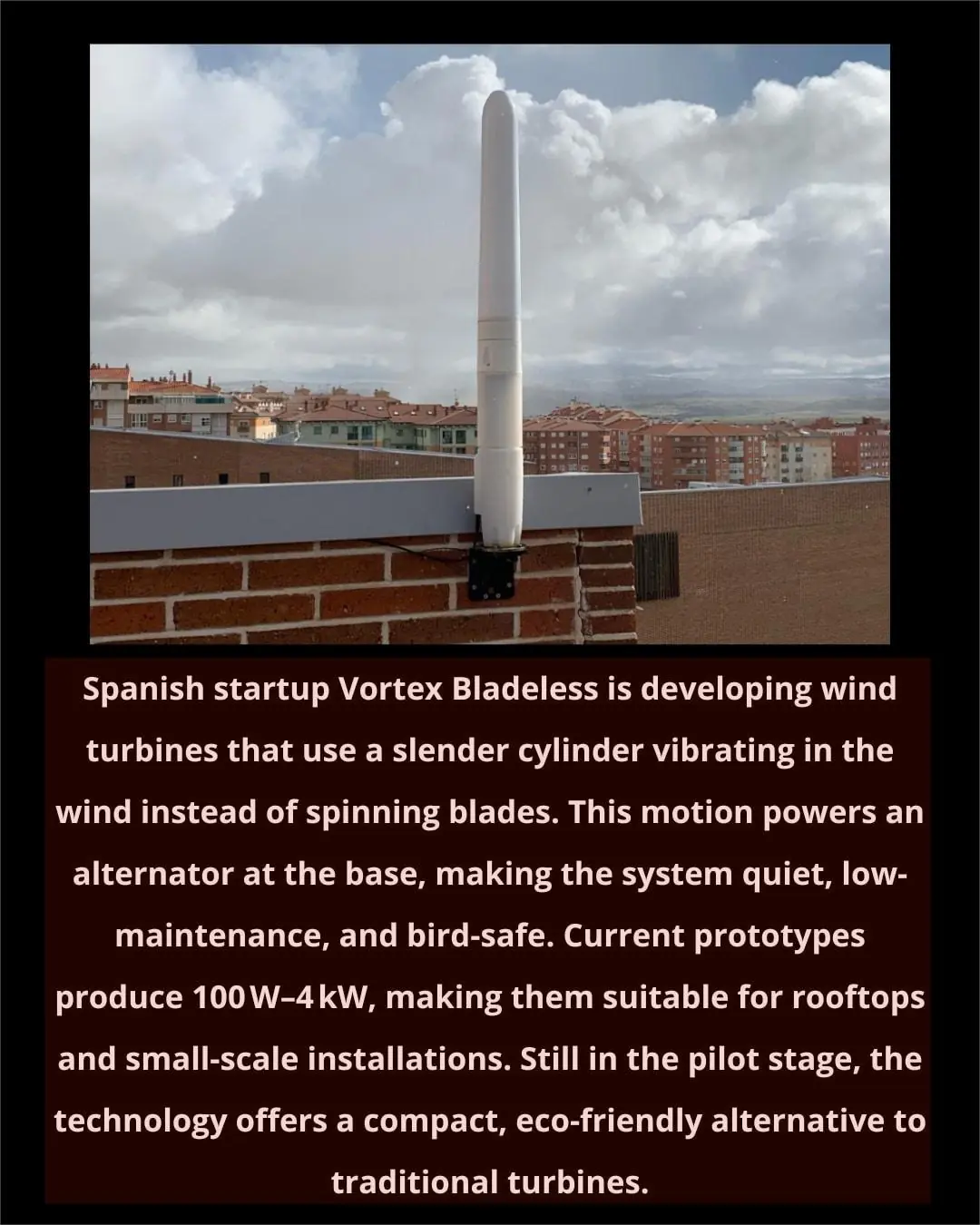
Spain’s Vortex Bladeless Reinvents Wind Power with Blade-Free Turbines

Even the flies thought he was dead – his amazing recovery will make you cry

More people are dying from heart failure, doctors warn: give up these 4 habits now
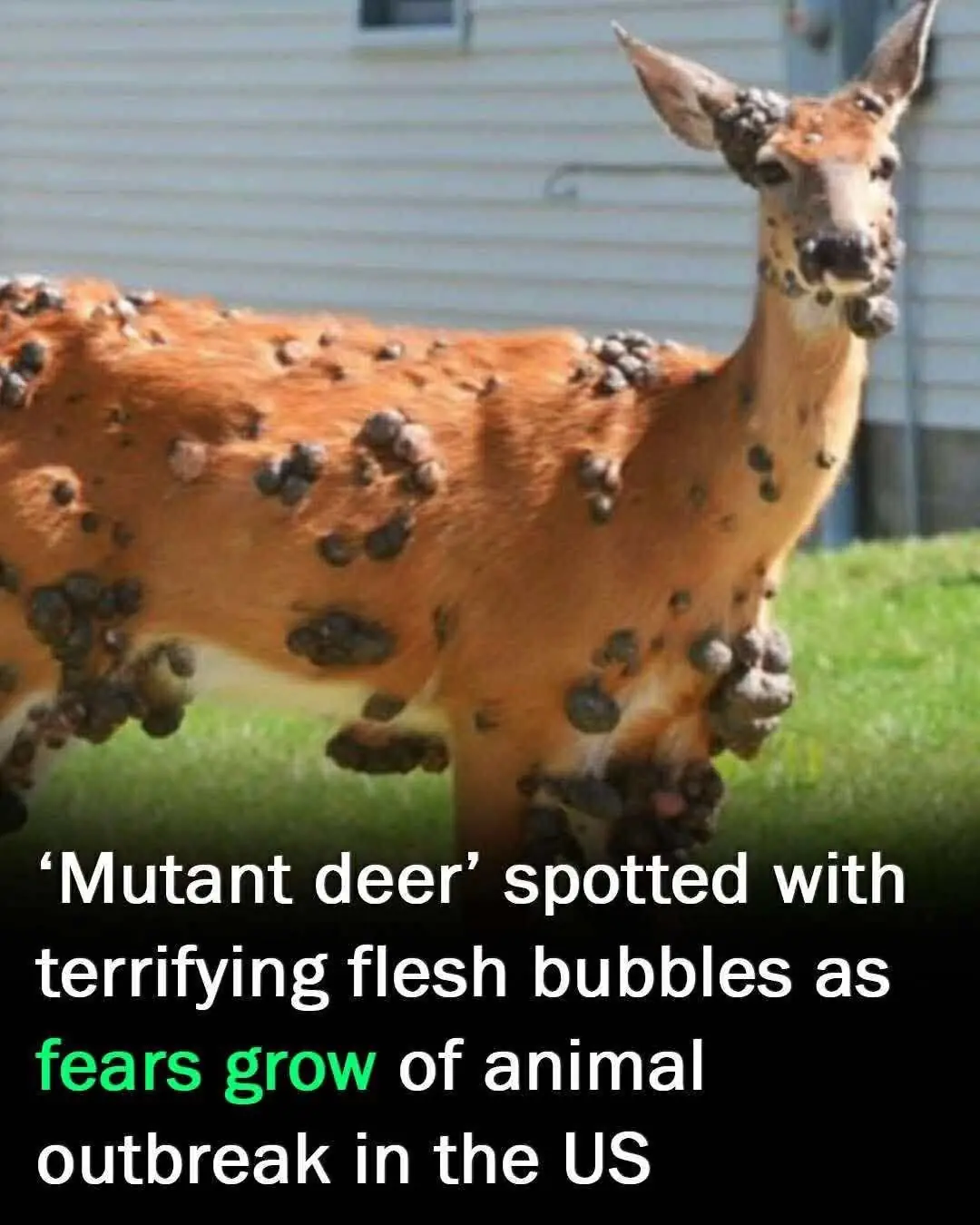
‘Mutant deer’ with bubble skin sparks outbreak fears in US
News Post
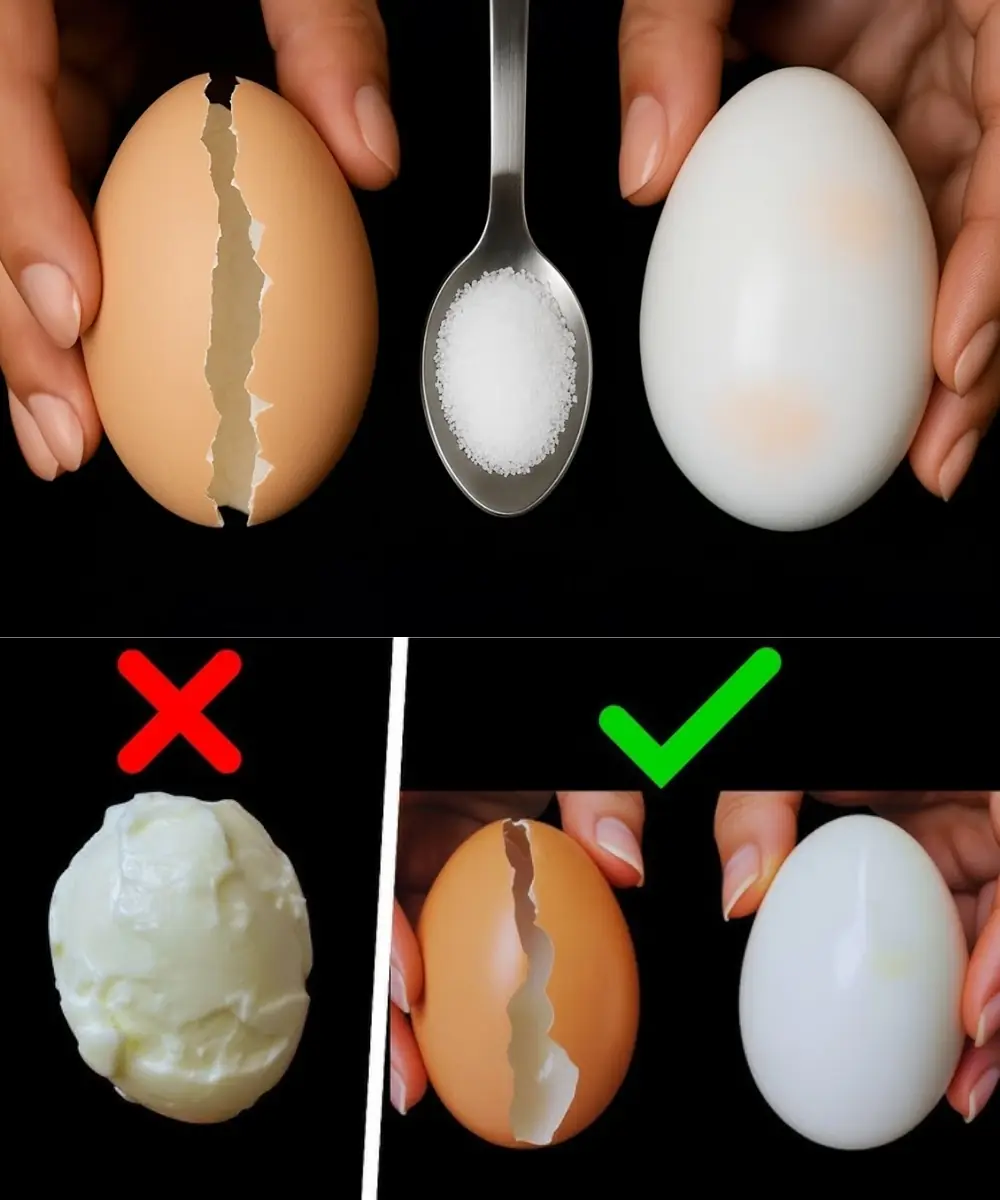
Don’t Boil Eggs Directly In Water — Here’s How FIVE-STAR Hotels Cook Their Eggs!

High cholesterol can be inherited. Here's what you can do about it

37,368 HFMD cases logged nationwide

Why Climbing Stairs Daily Is a Small Habit With Big Health Benefits
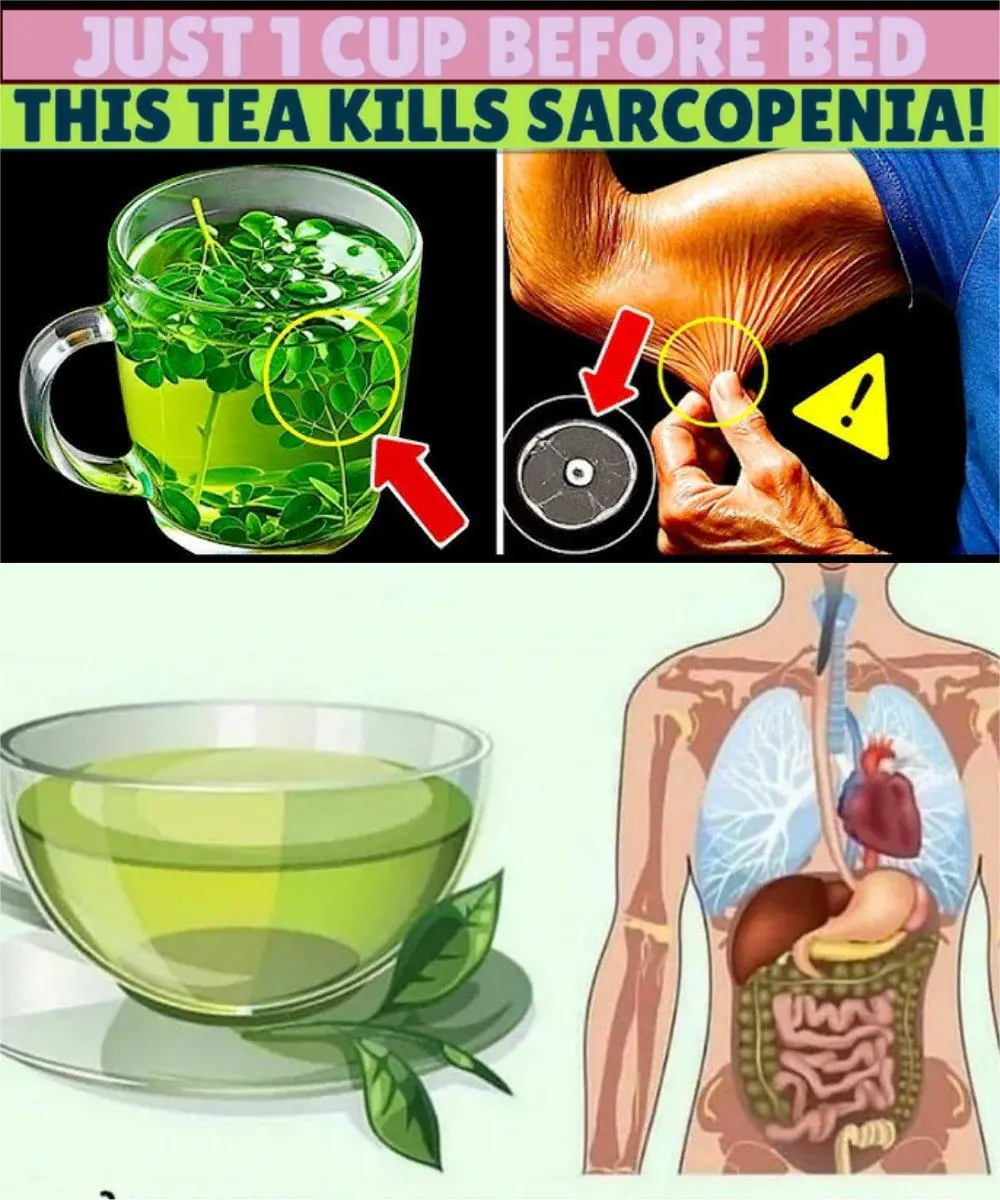
Herbal Teas for Circulation: Gentle Support for Heart & Vitality
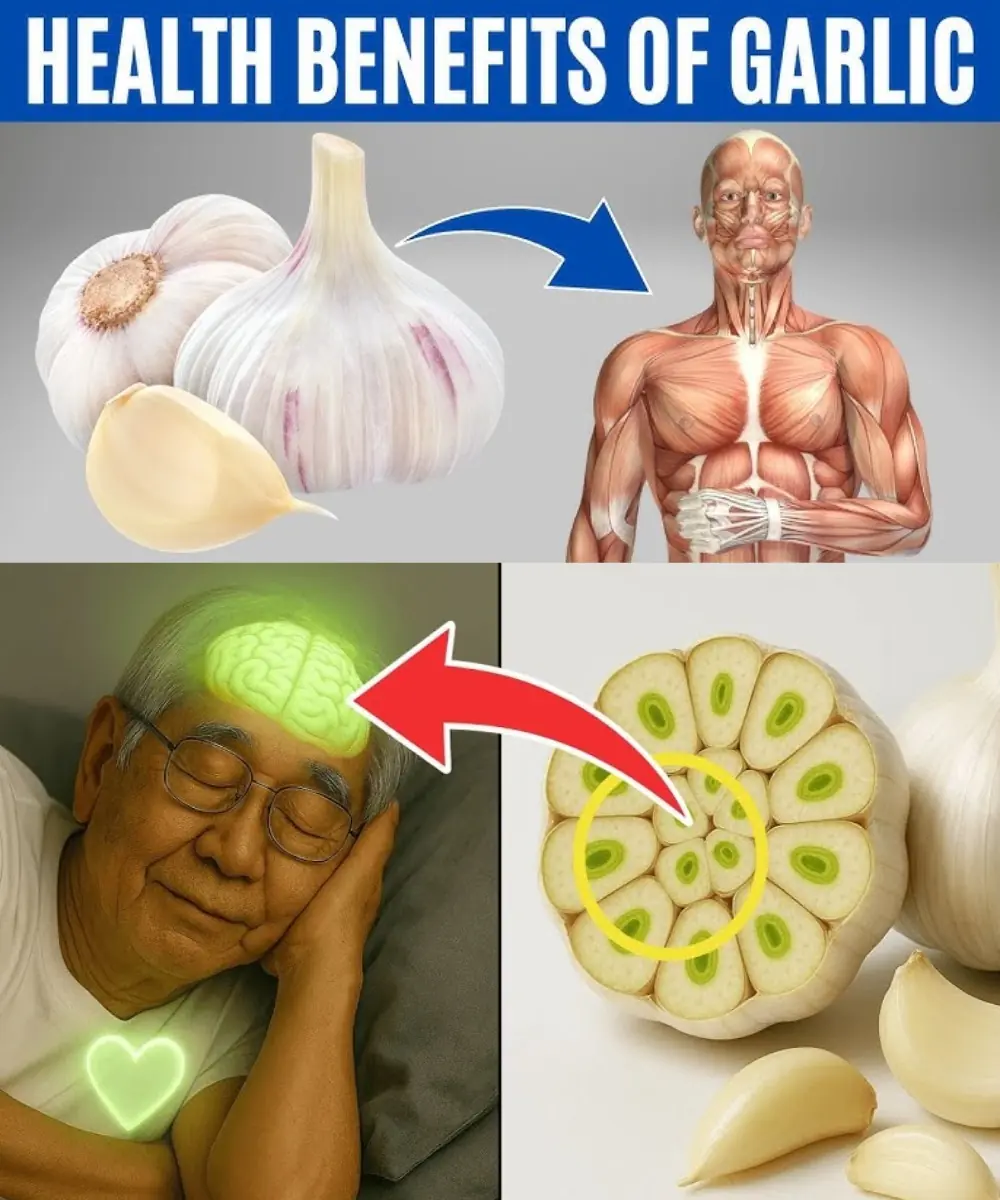
Struggling to Sleep? This Ancient Garlic Remedy May Be the Secret to Restful Nights

Why Boiled Eggs Deserve a Spot on Your Breakfast Table

Keanu Reeves Turns Emergency Landing into a Heartwarming Road Trip

Understanding the Relationship Between Breast Size and Hormonal Health

When Nighttime Leg Cramps Become a Concern
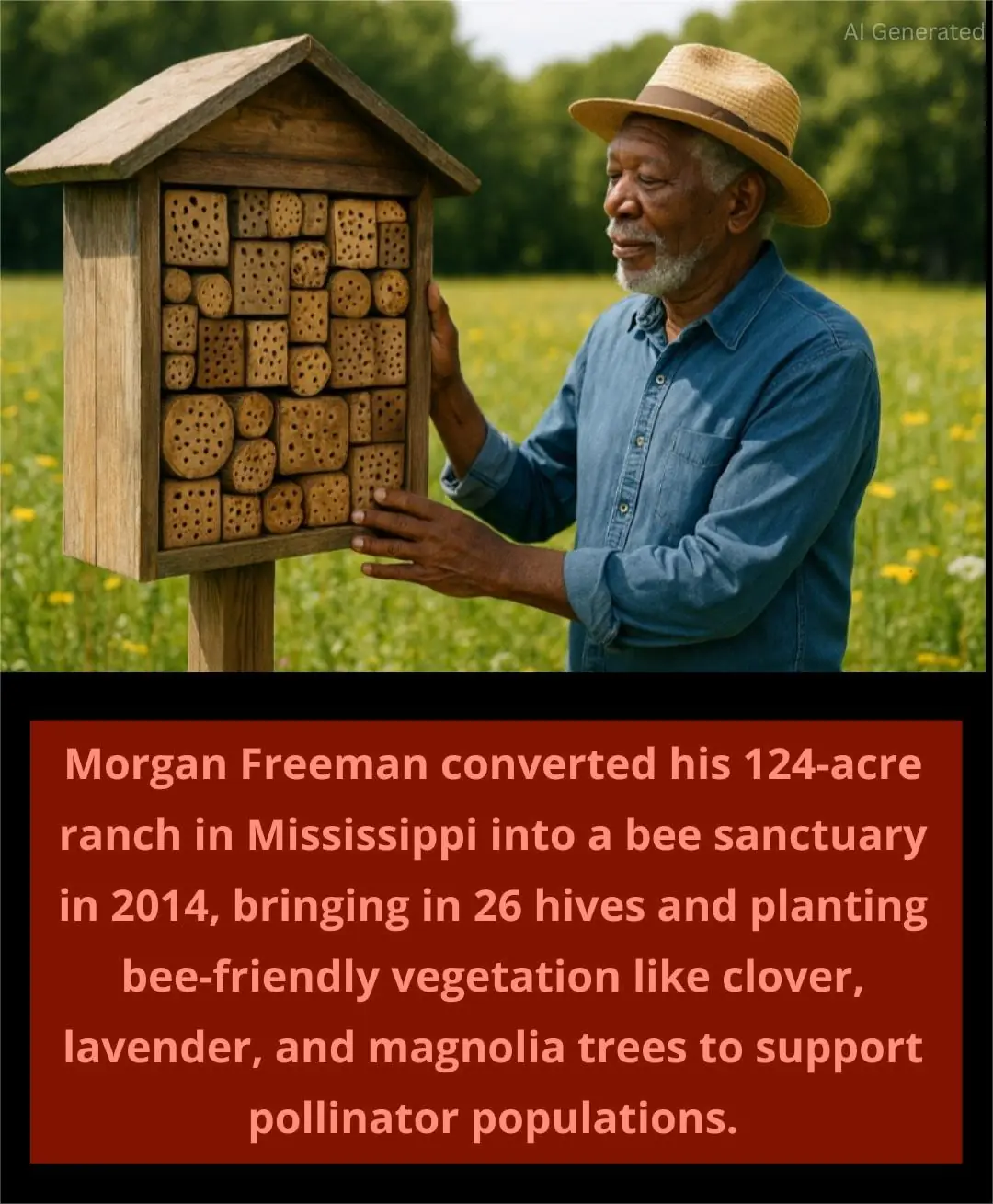
Morgan Freeman Turns Mississippi Ranch into Bee Sanctuary to Help Save Pollinators
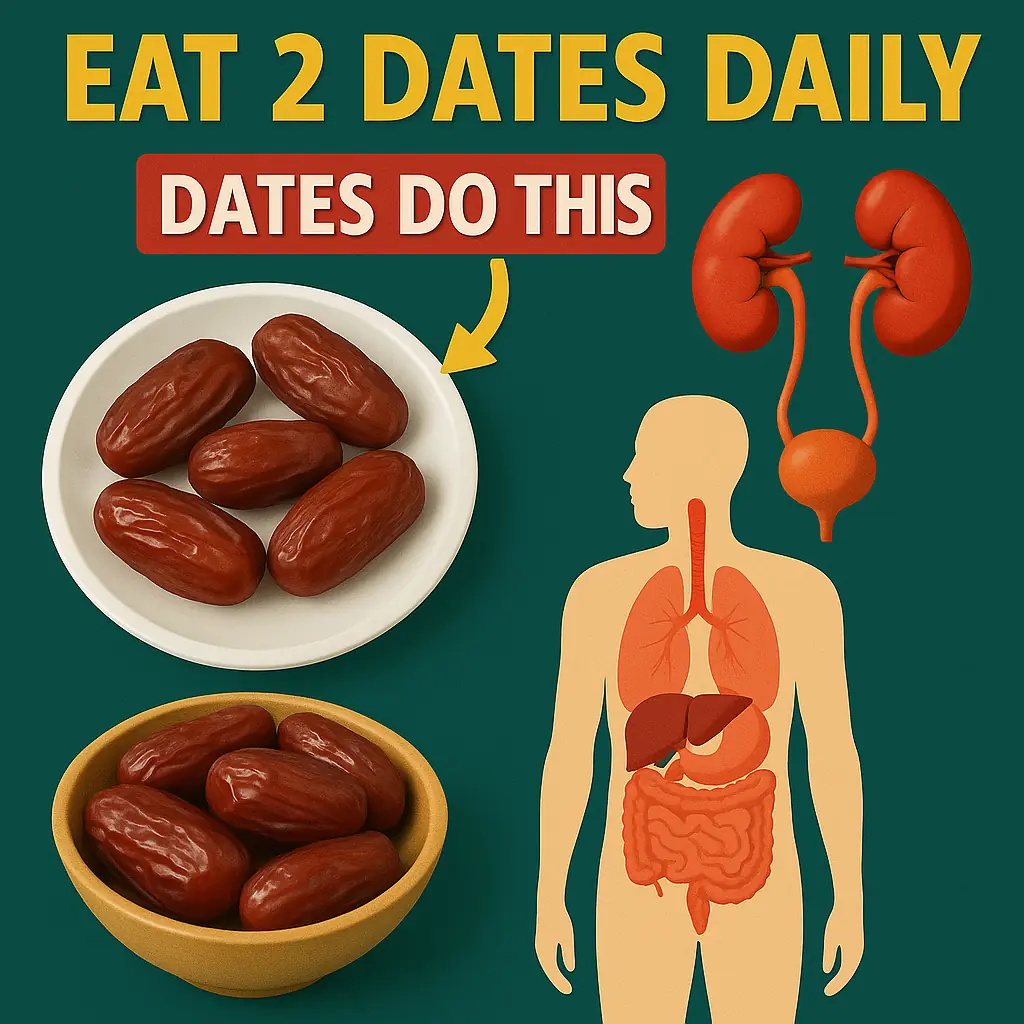
A Sweet Tradition: What Happens When You Eat 2 Dates a Day for a Month

Health Bruce Willis Moved to Specialized Care Facility as Dementia Progresses, Living Apart from His Family

Scratchy Throat? Try This Tiny Spice for Gentle, Natural Relief

Rub Epsom Salt and Fix These 10 Health Problems (Benefits for Over 50s)

🌿 What Happens When You Eat Cloves Every Day for 30 Days?
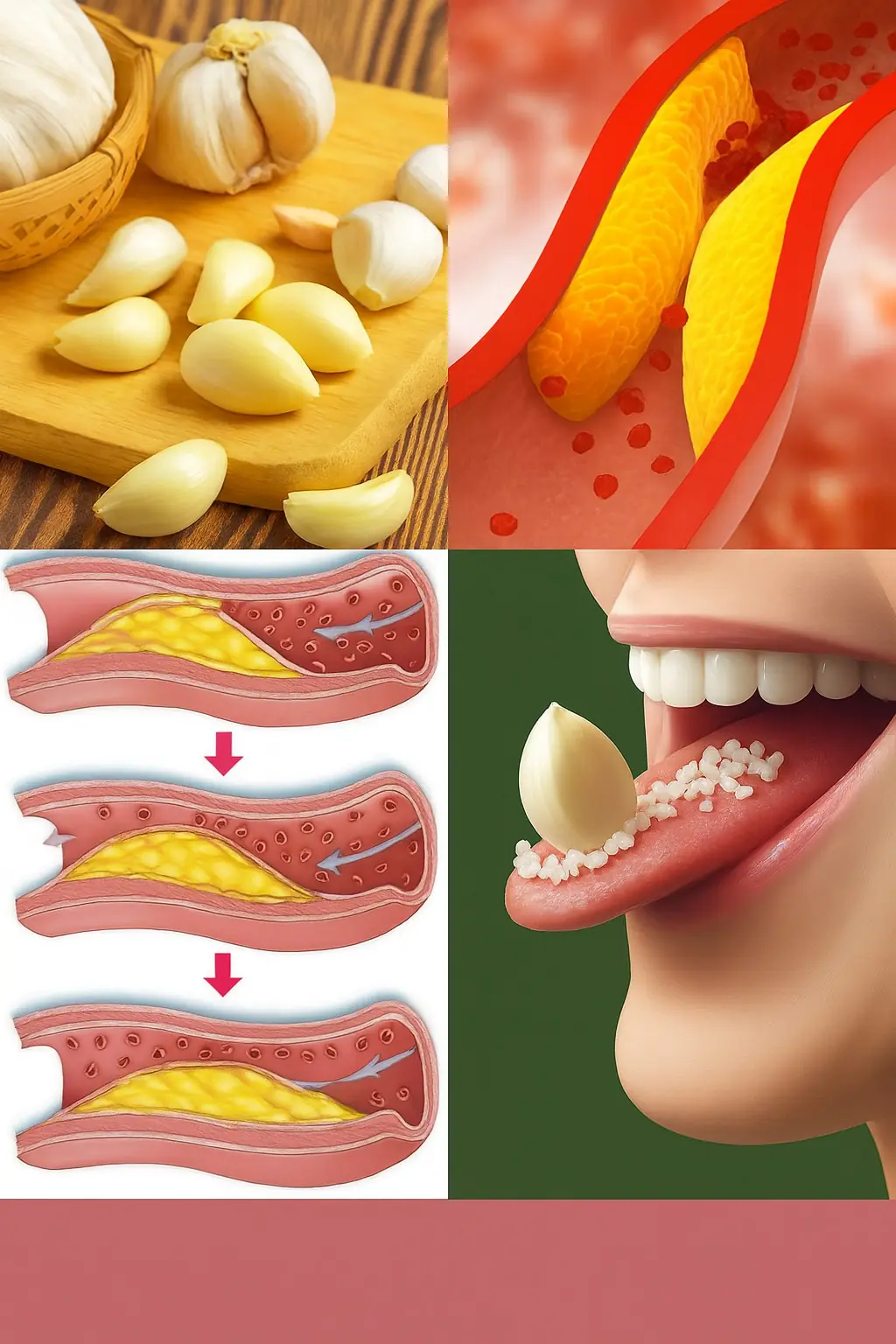
The Heart-Healthy Secret of Raw Garlic: Transform Your Wellness in 30 Days
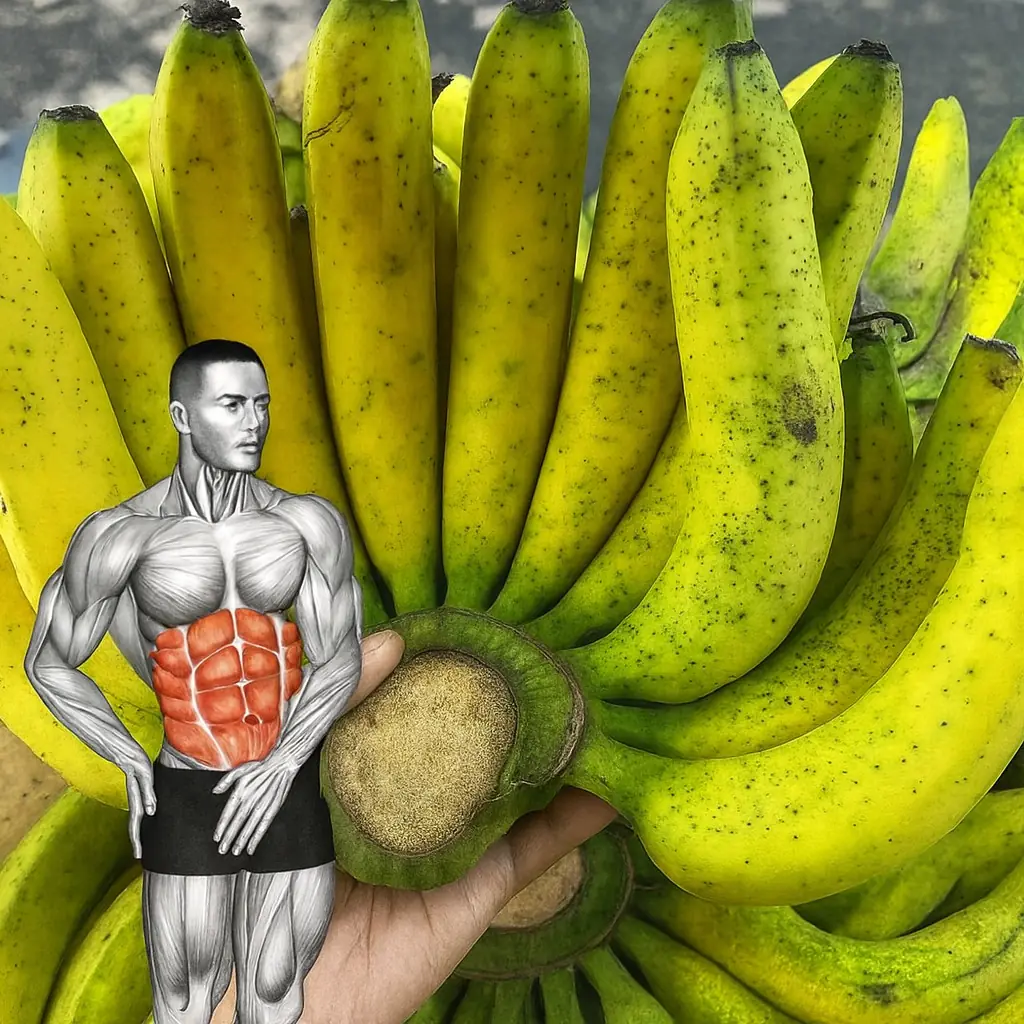
15 Mind-Blowing Banana Secrets You Need to Know Before Your Next Bite
